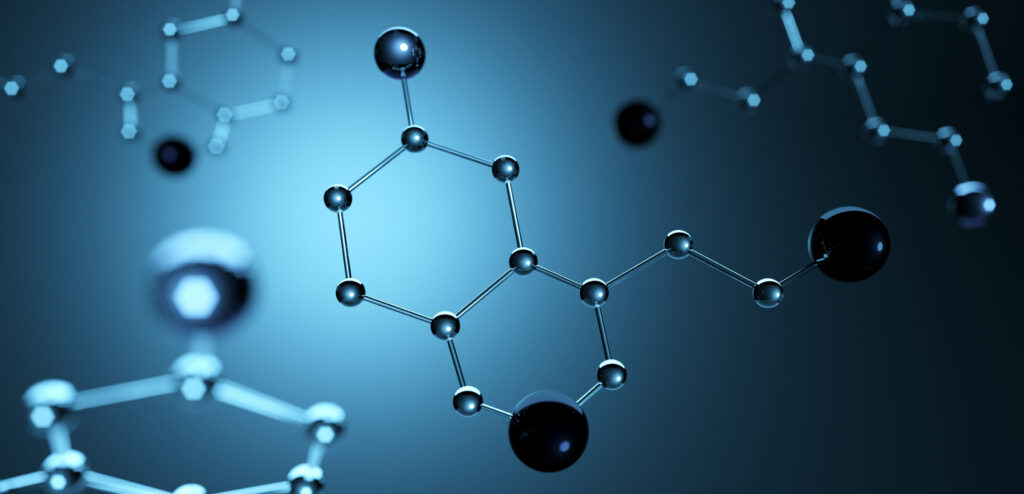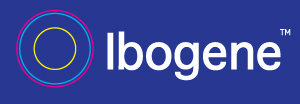Drug Development
As preclinical drug candidates, our three compounds are focused on addressing unique therapeutic effects on depression, anxiety, PTSD, and other psychiatric conditions, by stimulating serotonin receptors. Psychedelxs’ three drug candidates are all New Molecular Entities ( NME’s) protected by a worldwide portfolio of patents.

The key target for psychedelic drugs is the serotonin 5-HT2A receptor where they are agonists, which stimulate the receptor.

Setacybin is a novel NME derivative of psilocybin, being developed as a rapid acting and lasting therapeutic for treatment resistant depression. In addition to having effects at a specific serotonin receptor, 5-HT2A, this drug like psilocybin is believed to work through its ability to generate new neural connections in the brain in a process called neuroplasticity. Because of its hallucinatory effects, it is generally only dosed once or twice under controlled conditions to have its long term effects.

Ibogene is a novel NME derivative of ibogaine, with potentially far fewer side-effects, that has two novel therapeutic applications. First, ibogaine has been shown to be a wide spectrum treatment for a host of drug addictions and dependence. Second, Ibogene also generates new neural connections in the brain like Setacybin, making it an ideal drug to provide maintenance therapy following initial induction with Setacybin treatment.

KETAMIR is a novel NME, orally available derivative of ketamine. In the past decade ketamine has been shown to be a first in class rapidly acting antidepressant, showing effects starting in 4 hours rather than 2 weeks like conventional antidepressants, that works in treatment resistant suicidal depression. Limiting its use is the fact that ketamine must be given intravenously or intranasally, whereas Ketamir has good oral bioavailability. Moreover, Ketamir shares the ability to enhance neuroplasticity with Setacybin and Ibogene, meaning that it induces new neural brain connections, and is also being developed to treat drug addiction and PTSD.
There is now good conceptual evidence that the antidepressant effects of psychedelics are mediated in quite a different way to those of serotonin-acting antidepressant drugs such as the SSRIs. [2]

